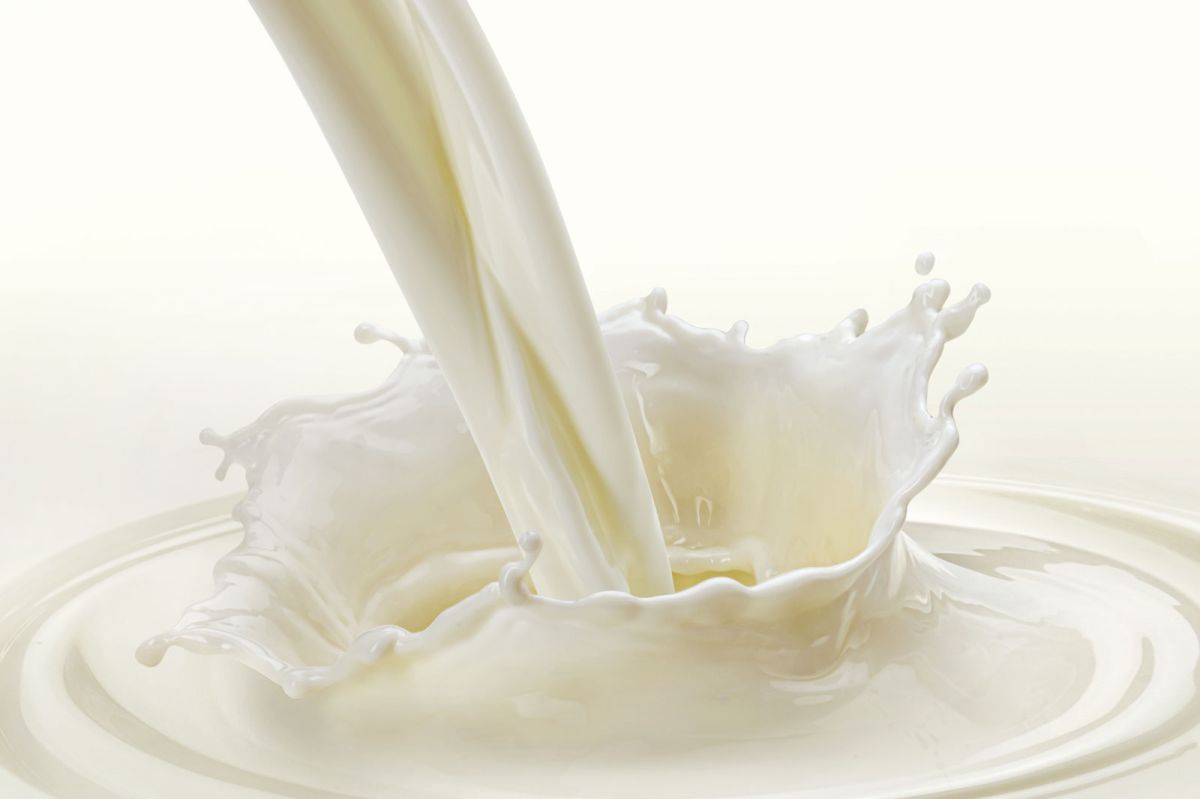ICMSA calls on co-ops to pay 39c/L for milk supplied in December

Noting that volumes produced in December were traditionally low, he said that there was little doubt that the 2023 production was particularly low as farmers had ‘dried off’ early in the face of unacceptably slow price rises and stubbornly high inputs. Mr Murphy said the ICMSA would never accept the argument that merited price rises did not matter for low-volume periods like December, he said that it must always be an operating principle that co-ops pay the highest milk price possible.
“There is no doubt that 39c/L is an absolutely realistic price for co-ops to reach for December payments and the markets for the last quarter of 2023 prove as much. Milk supplies are tight in exporting nations and if farmers are to be encouraged to produce long term, in the volumes that the co-ops already know they will require, then prices that reflect a rising global market and demand have to be paid to the primary producers. Our feeling is that if the co-ops try to be ‘smart’ about this and shortchange the farmers now then they will come to profoundly regret this later in the year. It’s up to the co-ops to show their farmer-suppliers that they [farmers] can produce on the basis that milk price is going to move up and past these stubbornly high inputs,” he said.
“The GDT index is up over 20 per cent since its lowest offering and European quotes for butter are up by almost a quarter in that same time period. This translates into quotes on the European and Dutch auction returning equivalent farmgate prices of 42c/L for the different product mixes. In fact, ‘spot’ prices have been above the 40c/L mark since late October giving co-ops and milk purchasers, according ample opportunity to strike deals for their product,” he said.
He added that it is up to the co-ops to recognise those signals and act on them. “They have to be bold and begin restoring the farmer confidence that has been so badly shaken by 18 months of cruel margin-squeeze.”





